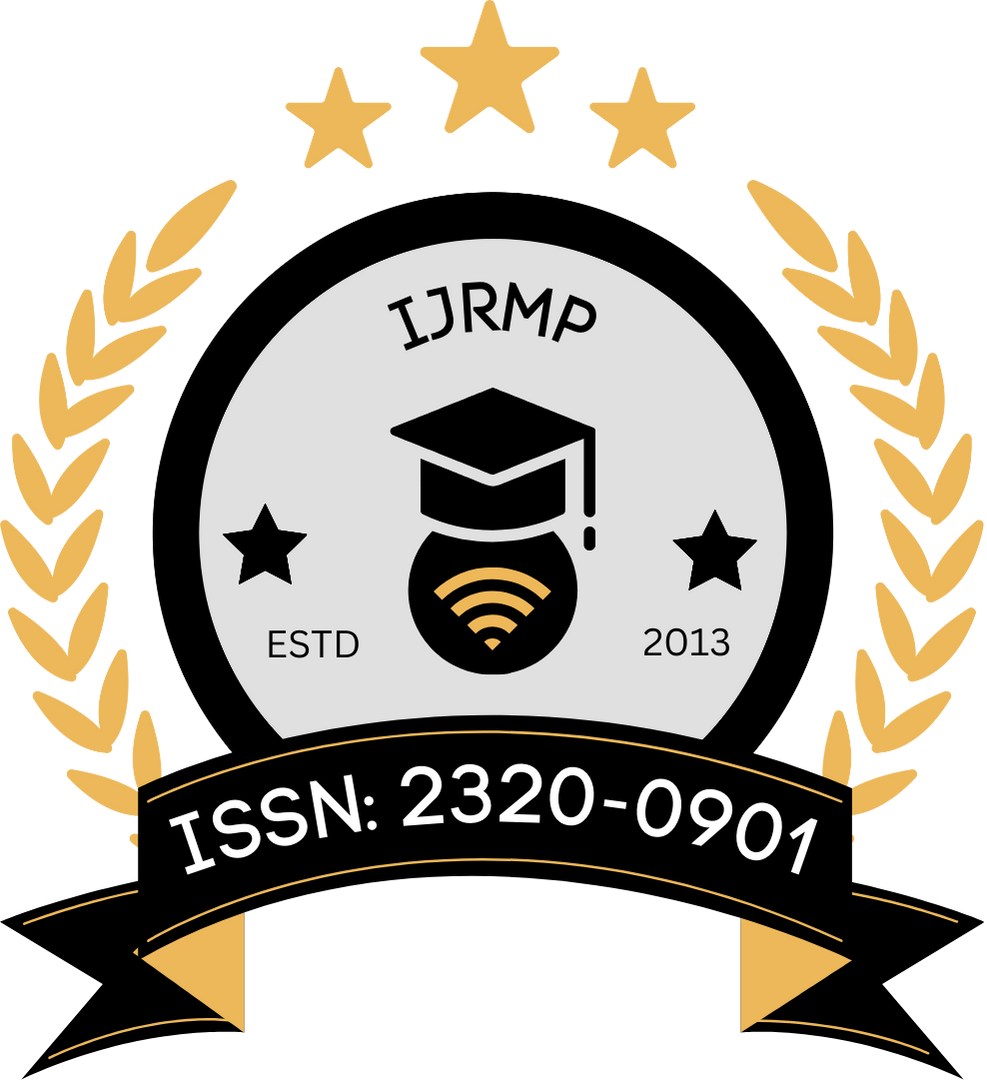![]()
Mehul Solanki
Independent Researcher
Gujarat, India
Abstract
Informed consent is a foundational principle in biomedical ethics, representing respect for individual autonomy and the right to make voluntary decisions regarding participation in clinical and research activities. However, its effectiveness among minority populations remains a contested issue, as linguistic barriers, cultural norms, historical injustices, and socioeconomic disparities intersect to complicate truly informed and voluntary participation. This manuscript presents a cross-cultural analysis of informed consent practices across diverse minority groups, focusing on the factors that affect comprehension, voluntariness, and trust in healthcare systems. Drawing from empirical studies, qualitative interviews, and comparative reviews, this research explores the cultural dimensions of consent and highlights gaps between regulatory expectations and practical implementation. The findings reveal systemic shortcomings in tailoring consent practices to minority contexts and underscore the necessity of culturally competent, linguistically accessible, and community-engaged approaches. By identifying challenges and recommending best practices, the study contributes to the broader discourse on equity in health research and practice.
Keywords
Informed consent, minority populations, cross-cultural ethics, autonomy, healthcare disparities, medical trust
References
- Brandt, A. M. (1978). Racism and research: The case of the Tuskegee Syphilis Study. Hastings Center Report, 8(6), 21–29. https://doi.org/10.2307/3561468 ncbi.nlm.nih.gov
- National Commission for the Protection of Human Subjects of Biomedical and Behavioral Research. (1979). The Belmont Report: Ethical principles and guidelines for the protection of human subjects of research. Washington, DC: U.S. Government Printing Office.
- Joffe, S., Cook, E. F., Cleary, P. D., Clark, J. W., & Weeks, J. C. (2001). Quality of informed consent in cancer clinical trials: A cross-sectional survey. The Lancet, 358(9295), 1772–1777. https://doi.org/10.1016/S0140-6736(01)06805-2 com
- Flory, J., & Emanuel, E. (2004). Interventions to improve research participants’ understanding in informed consent for research: A systematic review. JAMA, 292(13), 1593–1601. https://doi.org/10.1001/jama.292.13.1593 ncbi.nlm.nih.gov
- Searight, H. R., & Gafford, J. (2005). Cultural diversity at the end of life: Issues and guidelines for family physicians. American Family Physician, 71(3), 515–522. ncbi.nlm.nih.gov
- Braun, V., & Clarke, V. (2006). Using thematic analysis in psychology. Qualitative Research in Psychology, 3(2), 77–101. https://doi.org/10.1191/1478088706qp063oa
- Marshall, P. A. (2006). Informed consent in international health research. Journal of Empirical Research on Human Research Ethics, 1(1), 25–42. https://doi.org/10.1525/jer.2006.1.1.25
- Sudore, R. L., Landefeld, C. S., Williams, B. A., Barnes, D. E., Lindquist, L. A., & Schillinger, D. (2006). Use of a modified informed consent process among vulnerable patients: A descriptive study. Journal of General Internal Medicine, 21(8), 867–872. https://doi.org/10.1111/j.1525-1497.2006.00538.x ncbi.nlm.nih.gov
- Kass, N. E., Taylor, H. A., Ali, J., Hallez, K., & Chaisson, L. (2008). A pilot study of simple interventions to improve informed consent in clinical research: Feasibility, approach, and results. Clinical Trials, 5(6), 630–636. https://doi.org/10.1177/1740774508098099 ncbi.nlm.nih.gov
- Scharff, D. P., Mathews, K. J., Jackson, P., Hoffsuemmer, J., Martin, E., & Edwards, D. (2010). More than Tuskegee: Understanding mistrust about research participation. Journal of Health Care for the Poor and Underserved, 21(3), 879–897. https://doi.org/10.1353/hpu.0.0323
- Schenker, Y., Fernandez, A., Sudore, R., & Schillinger, D. (2011). Interventions to improve patient comprehension in informed consent for medical and surgical procedures: A systematic review. Medical Decision Making, 31(1), 151–173. https://doi.org/10.1177/0272989X10364247 sagepub.com
- Tait, A. R., Voepel-Lewis, T., Malviya, S., & Philipson, S. J. (2005). Improving the readability and processability of a pediatric informed consent document: Effects on parents’ understanding. Archives of Pediatrics & Adolescent Medicine, 159(4), 347–352. https://doi.org/10.1001/archpedi.159.4.347
- Kass, N. E., Sugarman, J., Faden, R., & Schoch-Spana, M. (1996). Trust, the fragile foundation of contemporary biomedical research. Hastings Center Report, 26(5), 25–29. https://doi.org/10.2307/3527958
- Saha, S., Jacobs, E. A., Moore, R. D., & Beach, M. C. (2010). Trust in physicians and racial disparities in health care. American Journal of Public Health, 100(7), 1312–1319. https://doi.org/10.2105/AJPH.2009.171827
- Lidz, C. W., & Appelbaum, P. S. (2002). The therapeutic misconception: Problems and solutions. Medical Care, 40(9 Suppl), V55–V63. https://doi.org/10.1097/00005650-200209001-00008
